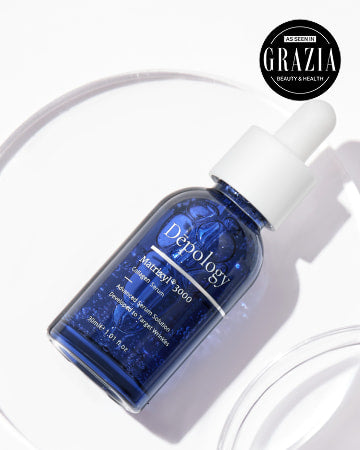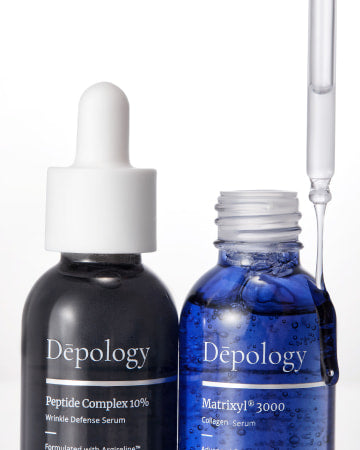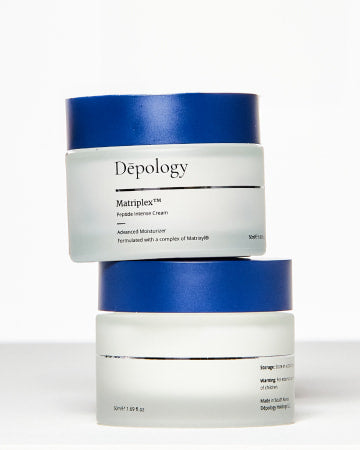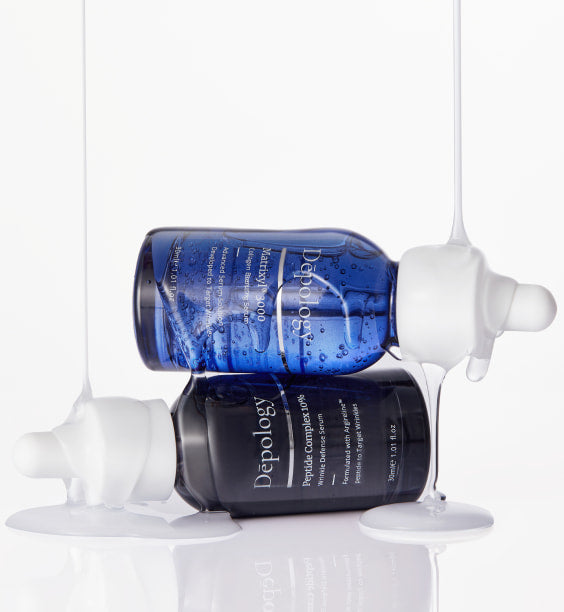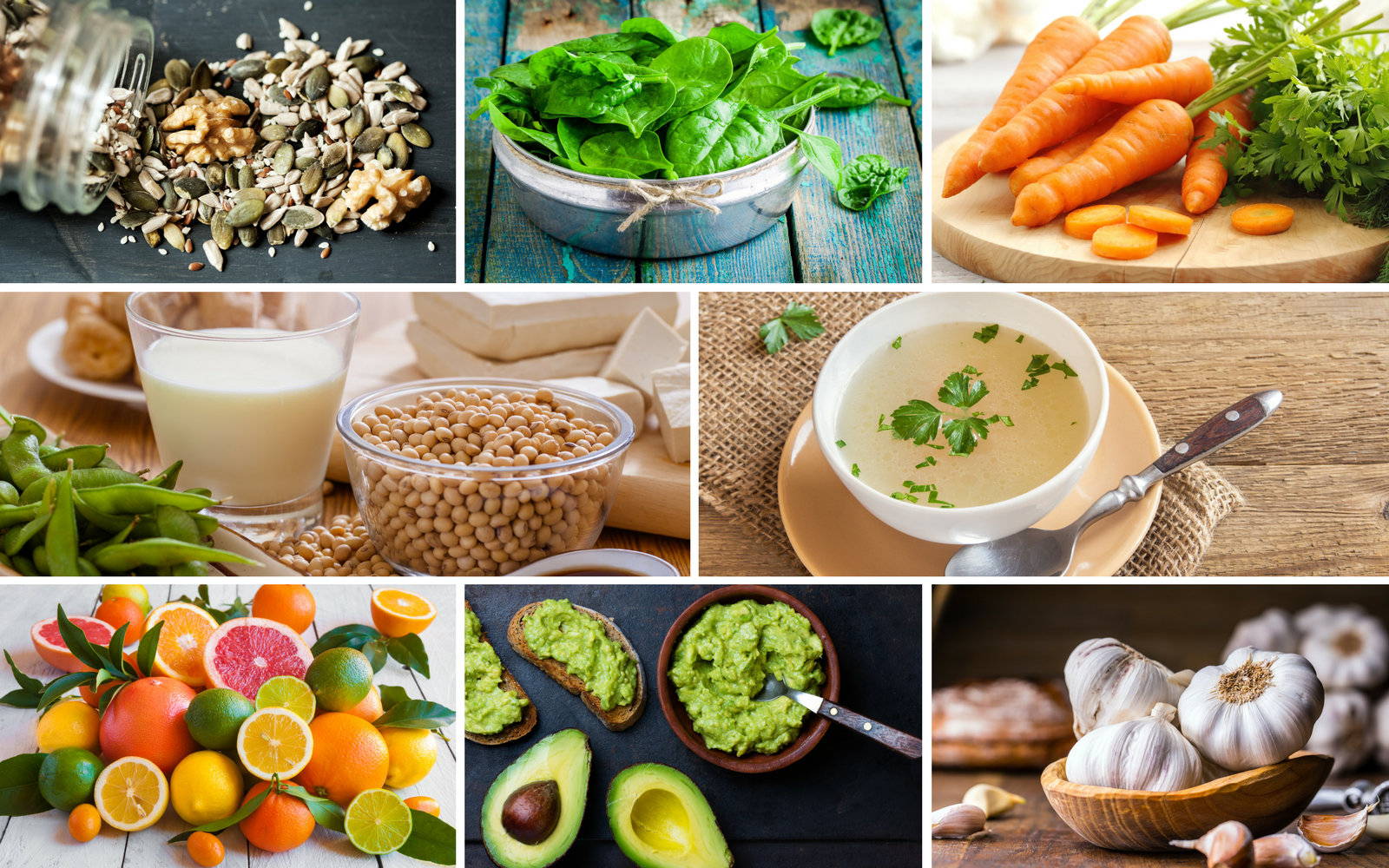
Guide On Foods That Contains Collagen?
Collagen is typically utilized in forms such as serums and supplements. You don’t often associate collagen with your diet. On the contrary, our diet plays a vital role in our appearance and healthy skin. Collagen provides suppleness, structure, and elasticity to the skin.
Common foods such as fruits, vegetables, and egg whites—already found in many diets—are packed with collagen-supporting nutrients, contributing to skin health. But before we start snacking, what exactly does collagen do?
What is Collagen?
There are 28 different types of collagen in the body. Foods rich in collagen help the body form amino acids—proline, lysine, and glycine—essential for healthy skin.
Proline supports protein structure, metabolism, nutrition, and wound healing. It also helps regenerate cartilage and repair joints.
Lysine helps the body absorb calcium, supports wound healing, treats cold sores, and can even reduce anxiety.
Glycine supports sleep quality and heart health. It is the primary amino acid in collagen and works as an antioxidant, anti-inflammatory agent, and protects against muscle loss.
Collagen Food List: Foods Containing Collagen
You can find many collagen-rich foods in any supermarket. Incorporating them into your diet usually requires no major lifestyle changes.
- Beans
High in protein and containing all essential amino acids, beans are excellent for collagen production and rich in copper.
- Bone Broth
Slow-simmered animal bones release collagen, calcium, magnesium, and amino acids. Bone broth also supports gut health.
- Chicken
A major source for collagen supplements. The connective tissue in chicken—especially tougher cuts—contains high collagen content.
- Egg Whites
Egg whites contain large amounts of proline, essential for collagen production.
- Fish & Shellfish
Fish bones and ligaments contain collagen, though most people don't eat the richest parts: skin, head, and eyes.
- Fruits & Vegetables
Bell peppers, tomatoes, broccoli, berries, citrus, and tropical fruits all support collagen production. High-antioxidant foods help protect and boost collagen synthesis.
Garlic, rich in sulfur, prevents collagen breakdown—though large amounts are required for full benefit.
Leafy greens contain chlorophyll, which boosts antioxidant levels and stimulates pro-collagen.
- Nuts
Cashews contain zinc and copper—minerals that support collagen production.
- Quinoa
A top anti-aging grain that helps fight free radicals and prevent collagen breakdown in skin cells.
Collagen Food Benefits for Skin & Health
A collagen-rich diet improves skin elasticity, firmness, and moisture levels. It also strengthens arteries, supports heart health, and boosts blood flow.
Collagen also supports gut health by repairing the gut lining and promoting healthy bacteria. It acts as a metabolism booster, helping with fat burning and digestive balance.
Conclusion: What Foods Have High Collagen?
Without a proper diet, your skincare routine won’t deliver maximum results. Foods—especially fruits, vegetables, and bone broth—boost collagen more effectively than supplements. As natural collagen declines with age, collagen-promoting foods help keep skin healthy without requiring major routine changes.


